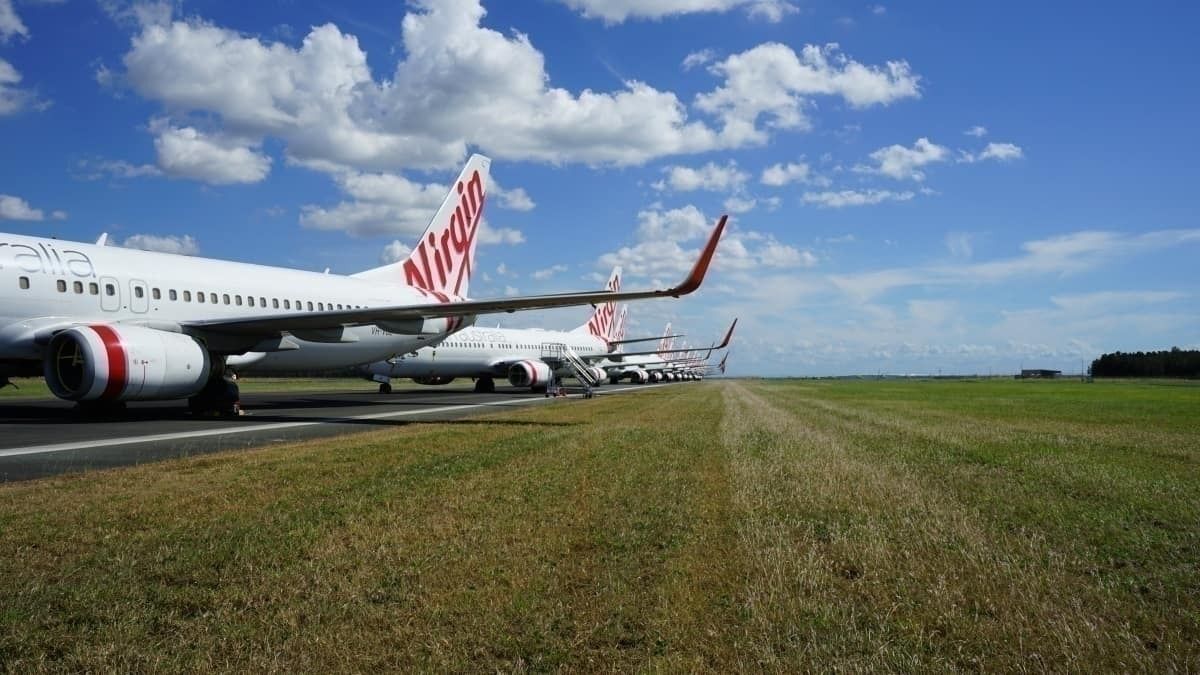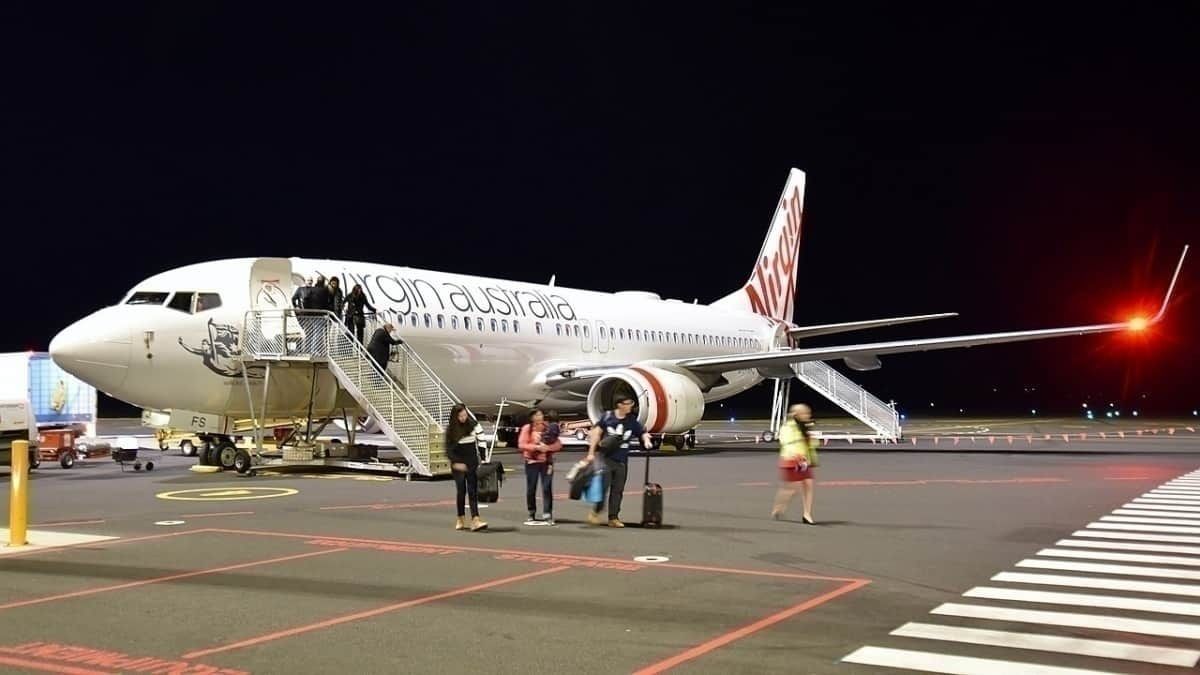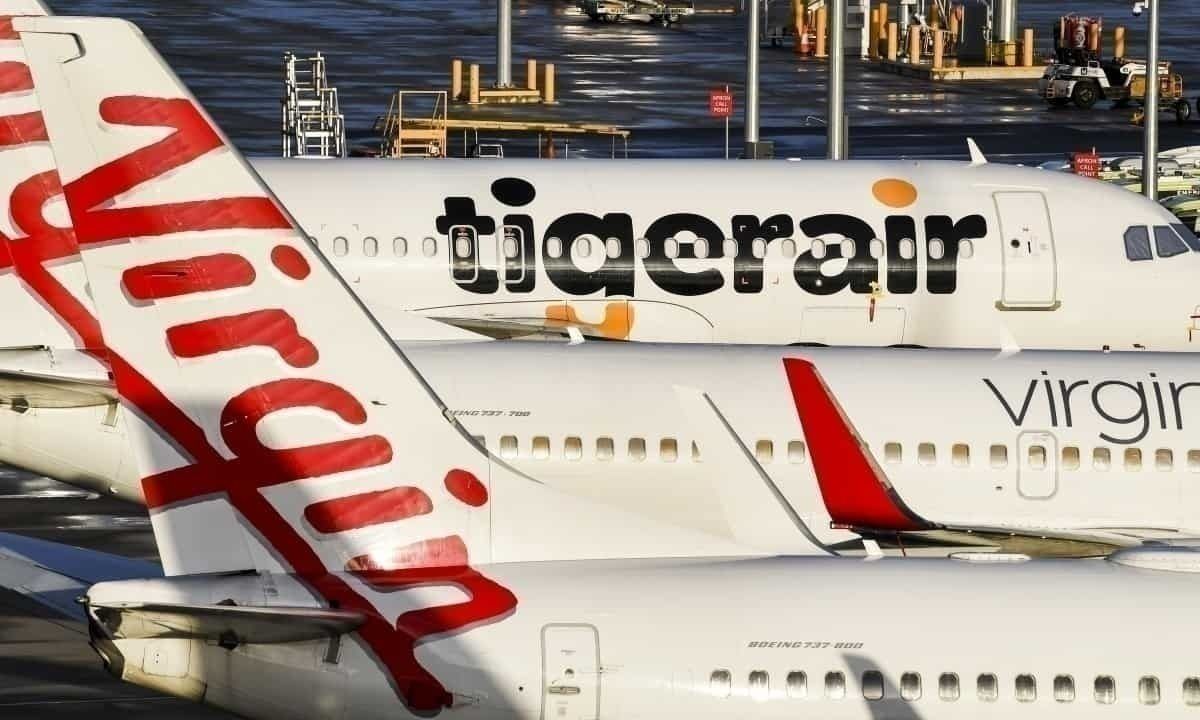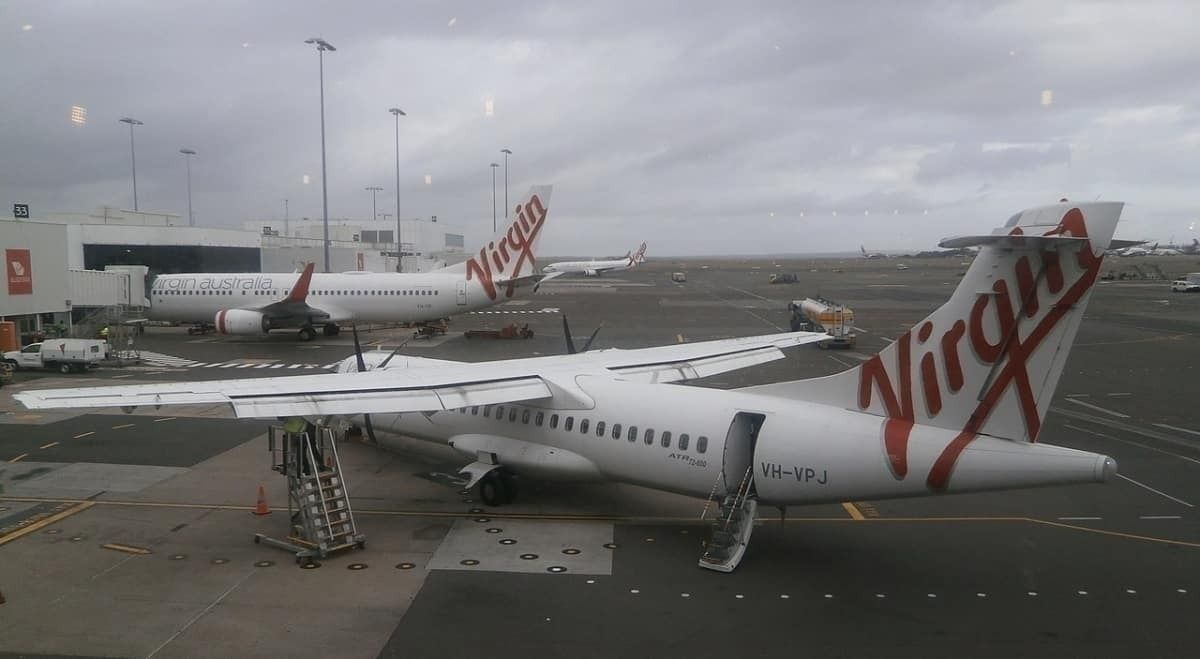Virgin Australia has filed petitions in the United States this week to prevent aircraft being repossessed. The filing, on Wednesday, sought recognition in the United States of Virgin Australia's voluntary administration. The petitions were filed under chapter 15 of the Bankruptcy Code in the United States Bankruptcy Court for the Southern District of New York.
Virgin Australia wants its insolvency recognized in the United States
The filing seeks to have Virgin Australia's insolvency legally recognized in the United States. Unless that happens, U.S. creditors can launch recovery proceedings against Virgin Australia. The airline and its administrators, Deloitte, argue this would undermine the restructuring and successful sale of Virgin Australia.
According to a report in The Guardian, U.S. creditors hold some USD$775 million in high-interest debt. There are also many U.S. creditors amongst the banks and financiers owed almost USD$1.5 billion.
In a statement, Virgin Australia's administrators, Deloitte said;
"Virgin Australia filed the Chapter 15 Cases to protect ongoing global operations, and to ensure fairness to all creditors and stakeholders, wherever located, by preventing commencement of competing proceedings in other jurisdictions."
A strategic move to protect its aircraft from seizure
Two Australian airports have already moved to seize 11 Virgin Australia aircraft as collateral against outstanding debts. The court filing on Wednesday appears targeted. There are four Virgin Australia aircraft undergoing maintenance in Nashville, Tennessee. The fear is U.S. creditors could seize these aircraft.
If the United States Bankruptcy Court recognizes Virgin Australia's insolvency, the airline's assets would be protected from seizure.
Virgin Australia's aircraft are prime targets for hungry creditors. The airline has 69 leased aircraft. Virgin Australia owes its many aircraft lessors around USD$1.22 billion. Many of those lessors are already circling.
This week, many of the lessors agreed to a 28-day grace period before the administrator, Deloitte, becomes liable for the costs of the leases.
But lawyers for the lessors are reserving their right to begin taking back aircraft in 60 days if outstanding payments are not resolved.
Some lessors are getting antsy because Virgin Australia is continuing to use leased aircraft to operate flights. This has the effect of incurring further wear and tear costs, which may ultimately not be paid for.
The administrator needs to hold onto aircraft
The problem for Deloitte is that they need to keep the fleet intact to sell Virgin Australia at the best price. Their filing this week in the United States is a strategic move to protect that advantage and forestall any action by U.S. creditors.
Because there is a glut of leased aircraft on the market around the world, the prevailing view is that Virgin Australia's new owners would have the upper hand when it comes time to re-negotiating leases.
That the vast bulk of the fleet was already sitting idle at airports around Australia wouldn't hurt either.
Deloitte is counting on this factor coming into play. Last week, the administrator sent potential buyers a bullet point list that highlighted why Virgin Australia was a smart buy. At number five on the list was vital infrastructure and assets, including aircraft.
Like any administrator restructuring a business, Deloitte needs to wrap Virgin Australia up into a nice package - tasty and profitable. It needs to hold on to aircraft, and it needs to put a lid on legal action. Wednesday's filing in New York was a proactive move to do just that.




